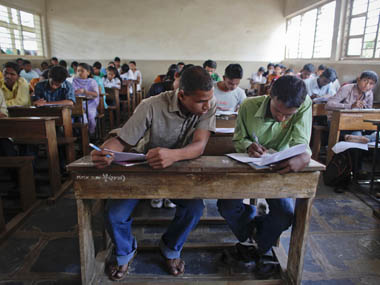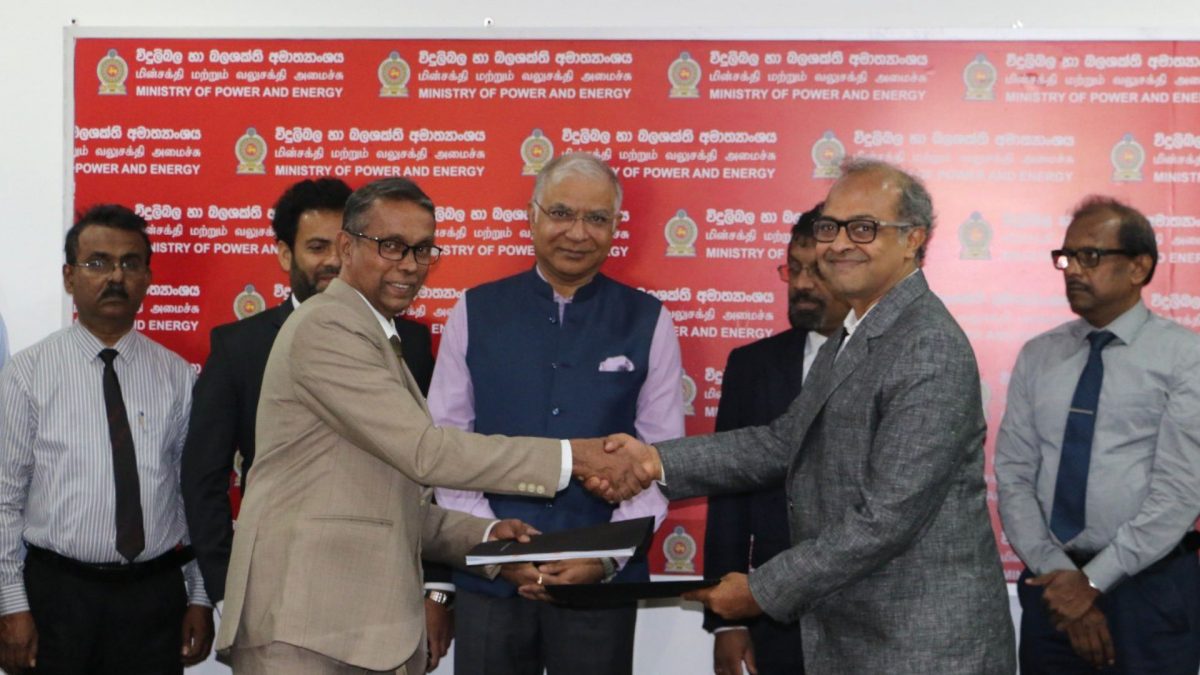The Maharashtra Public Universities Act came into force on Wednesday after the state government issued a gazette that the Act will be effective from 1 March.
This means that a major reform in Maharashtra’s higher education sector — which had been praised by various legislators, political leaders and college principals — has finally been implemented.
The Maharashtra Public Universities Bill, 2016 was passed by the state Legislative Assembly and Council in December last year. The Act aims at providing academic autonomy to state universities, improve their functioning and bring about higher participation of students, according to Hindustan Times .
The highlights of the Act: Structured governance through a board of deans and directors in-charge of various subjects, restarting the students’ council elections which were banned in 1994 due to the death of a student, introduction of choice-based credit system for students, a disputes redressal system for students and a fee-fixation committee. The bill won’t be applicable to the medical and agriculture universities.
The Act states that each university will now be governed by the vice-chancellor, pro-vice chancellor, deans of faculties and seven directors. Besides, there will be a registrar, finance and accounts officer and director of sub-campuses of the university.
The Act would allow universities to conduct Board of Studies (BoS) elections, which were held up by the government for over one-and-a-half years.
The Times of India reported that many important functions like making appointments to top posts and conducting students’ elections can be implemented only after statutes are out by the end of this month. “While officials such as the registrar, examination controller, who were appointed before, can continue to hold offices till the term for which they were appointed, the post of the director of board of college and university development became redundant from Wednesday,” said the report.
Under the new Act, a system has been set up to grant permission to new colleges. It will offer a letter of intent for the first year during which the colleges will have to complete infrastructure building and creation of facilities. After the new college has been scrutinised for facilities, the university will then grant permission to run such colleges. The Act stresses on setting up of equal opportunity cell for divyang students and setting up of a Vishakha cell to redress complaints of sexual harassment of women. A proposal has also been made to make compulsory mercantile (double entry) accounting system to bring transparency. To prevent profiteering by unaided institutions affiliated to universities, the Act proposes to set up special committee to determine fees and a regulatory mechanism at the state-level.
Another report in Hindustan Times said that the first draft of the Act was prepared by a committee headed by former University Grants Commission (UGC) chairman Arun Nigavekar in 2011. It then took the government over five years to get the state legislature’s approval for the law. During that period, the then bill underwent many amendments.
The amended bill was tabled by State Education Minister Vinod Tawde in the House in December. He said, the bill was passed by a joint panel of 25 legislators from both Houses after making as many as 56 amendments. The panel also comprised two former education ministers, college owners and experts from various fields.
Speaking to Firstpost , Tawde had said that the changes will benefit students. “The new amendments are student oriented.” The new act replaces Maharashtra Universities Act, 1994. “The new law will boost the higher education sector,” he had added.
However, a report by The Indian Express had said that other stakeholders — teachers and management — feel that their democratic representation has been curtailed. The composition of statutory bodies has remained more or less the same but while the Act has added two new posts for representatives of colleges in the Senate and one in the academic council, the proportion of nominated members has increased. Now there will be at least 71 members in the Senate and half of them will be elected representatives. This has left teachers’ unions and former senate members disappointed.
With inputs from agencies


)




)
)
)
)
)
)
)
)